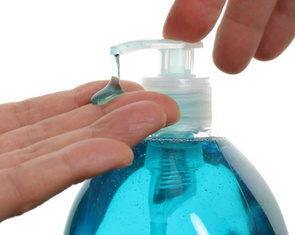With the arrival of the fall and winter season concerns about viral illnesses crop up. The most common ailment is the flu, which occurs seasonally. Prevention measures come in the forefront, and over-the-counter remedies and herbal supplements make their appearance.
Yet at this point the most effective measures remain very basic: good hygiene, hand washing, non-exposure to people who have the flu and non-sharing of personal items that could carry the virus. Flu shots for flu prevention remain the single most effective way to prevent widespread epidemics.
Antiviral agents zanamivir (also known as Relenza) and oseltamivir (Tamiflu) have come under discussion. They have been very effective in the treatment of influenza symptoms. It is not too late to treat with oseltamivir after the patient has been infected with the flu, as the drug prevents lower respiratory tract complications. For the symptomatic relief of influenza 75 mg per day were 61% effective, and 150 mg were 73% effective. Using the drugs strictly as a prophylaxis proved to be a fallacy. Results showed that neither zanamivir nor oseltamivir prevented influenza-like illnesses.
Even though both antiviral agents are not 100 % effective, they still can be useful in the setting of a flu pandemic. They are also of help in population groups with chronic health problems or immunocompromised persons to whom any viral infection can be serious.
More info about the flu: http://nethealthbook.com/infectious-disease/respiratory-infections/flu/
Reference: The Medical Post, September 1, 2006, page 61
Last edited November 1, 2014







